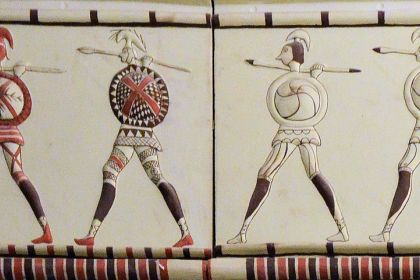ORCHESTRA
Walks along Moldau river ended in the greatest symphonic poem of all time

Vltava river in Prague
Bedřich Smetana conceived a series of orchestral pieces based on the legends and landscapes of his homeland entitled Má Vlast (My Country), or what he himself called “musical pictures of Czech glories and defeats.”
Each movement of the suite is a self-standing symphonic poem with its own story. The Moldau was chronologically the second of the six works. It evokes the flow of the Vltava River—or, in German, the Moldau—from its source in the mountains of the Bohemian Forest, through the Czech countryside, to the city of Prague.
During its composition, Smetana was plagued by severe headaches caused by syphilis that would eventually lead him to complete deafness. The composer had found his walks along the shores of the Moldau to be a source of inspiration and thus decided to include a portrait of it in this series. He gave the poem a sort of rondo structure and divided it into eight continuous sections.
Listen to the Moldau performed by Vienna Philharmonic Orchestra conducted by Herbert von Karajan:
The Moldau remains the most popular and one of the most widely performed symphonic poems ever written.



